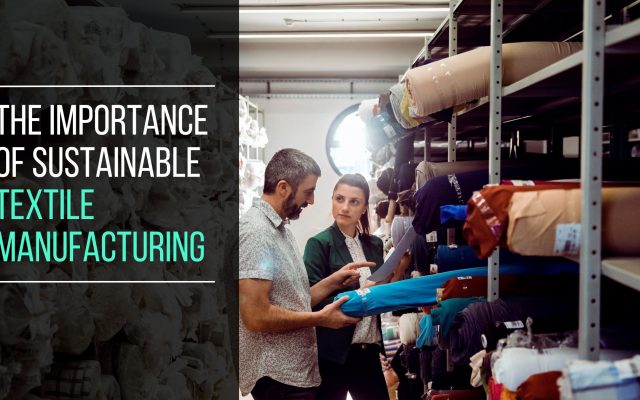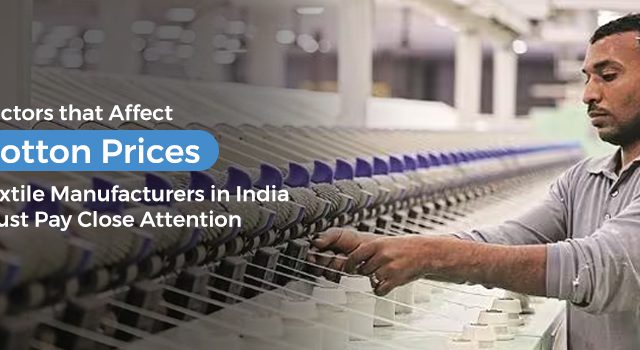The textile industry is rapidly evolving, with new materials and technologies shaping the way fabrics are designed and manufactured. Among these advancements, non-woven materials have emerged as a game-changer, offering versatility, cost-efficiency, and sustainability. Non woven material suppliers are instrumental in driving this revolution, providing high-quality materials that cater to a range of industries, from fashion to healthcare. Additionally, fabric suppliers are incorporating non-woven options into their offerings, meeting the growing demand for innovative and eco-friendly solutions.
In this blog, we’ll explore the top benefits of non-woven materials in textile production, their applications, and how they’re transforming the fabric industry.
What is Non-Woven Material?
Non-woven materials are engineered fabrics created by bonding fibers together through chemical, mechanical, or thermal processes, rather than weaving or knitting. This unique manufacturing method results in a fabric that is lightweight, durable, and customizable for various applications.
Key Features of Non-Woven Materials:
- Eco-Friendly Options: Many non-woven fabrics are biodegradable or recyclable, making them suitable for sustainable practices.
- Customizable Properties: These materials can be designed with specific characteristics such as water resistance, breathability, or flame retardancy.
- Cost-Effective Production: The simplified manufacturing process reduces production time and costs compared to traditional woven fabrics.
Benefits of Non-Woven Materials in Textile Production
1. Versatility Across Industries
Non-woven materials are incredibly versatile, catering to diverse applications in fashion, medical textiles, automotive industries, and more. Their adaptability makes them a preferred choice for manufacturers looking to innovate and expand their product lines.
- Fashion Industry: Used in linings, interlinings, and accessories.
- Medical Sector: Ideal for disposable products like masks, gowns, and surgical drapes.
- Automotive Applications: Utilized in seat covers, insulation, and carpeting.
2. Lightweight and Durable
Despite their lightweight structure, non-woven materials are remarkably durable. This combination makes them suitable for applications that require strength without adding bulk. For example:
- Lightweight carry bags made from non-woven fabrics can withstand significant weight without tearing.
- Medical textiles benefit from their durability while maintaining a comfortable fit.
3. Cost-Effective Manufacturing
The production of non-woven materials involves fewer steps compared to traditional weaving or knitting, reducing costs significantly. This affordability benefits both manufacturers and end-users, making high-quality fabrics more accessible.
Fabric suppliers offering non-woven materials can meet bulk orders efficiently, ensuring timely delivery without compromising quality.
4. Eco-Friendly Options
Sustainability is a growing priority in textile production, and non-woven materials align with this trend. Many non-woven fabrics are made from biodegradable fibers, and their manufacturing process uses fewer resources like water and energy.
Non woven material suppliers often offer eco-friendly options, such as recycled or compostable materials, helping businesses meet environmental standards and consumer expectations.
5. Customizable Properties
Non-woven fabrics can be engineered to meet specific needs, making them ideal for niche markets. Manufacturers can customize these materials to include:
- Waterproofing: For outdoor and industrial use.
- Breathability: For medical and hygiene products.
- Fire Resistance: For safety gear and home furnishings.
These customizable features provide a competitive edge to manufacturers and fabric suppliers in industries requiring specialized textiles.
6. Hygiene and Safety
Non-woven materials are widely used in the healthcare and hygiene sectors due to their ability to provide sterile and disposable solutions. Products like surgical masks, gowns, and wipes are made from non-woven fabrics because they are hypoallergenic, lightweight, and cost-effective.
The Role of Non Woven Material Suppliers in the Textile Industry
Non woven material suppliers are at the forefront of innovation, ensuring the availability of high-quality materials that meet industry demands. Their role extends beyond supplying fabrics—they also drive advancements in sustainability and functionality.
How Non Woven Material Suppliers Add Value:
- Wide Product Range: Suppliers offer a diverse selection of non-woven materials, including eco-friendly and high-performance options.
- Quality Assurance: Trusted suppliers prioritize quality, ensuring that materials meet industry standards for strength, durability, and safety.
- Global Reach: Many suppliers in India and abroad cater to international markets, providing consistent supply chains for manufacturers.
- Customization Services: Suppliers collaborate with manufacturers to develop fabrics with specific properties, such as UV resistance or antibacterial coatings.
By partnering with reliable non woven material suppliers, businesses can enhance their product offerings and streamline production processes.
Choosing the Right Fabric Supplier for Non-Woven Materials
Whether you’re sourcing non-woven materials for industrial use or consumer products, selecting the right fabric supplier is crucial. Here’s how to find a reliable partner:
1. Assess Quality Standards
Choose suppliers with certifications like ISO or OEKO-TEX, which ensure compliance with quality and safety standards.
2. Check Customization Options
If your product requires specific features, such as waterproofing or colorfastness, work with suppliers who offer customizable solutions.
3. Review Sustainability Practices
Look for suppliers offering eco-friendly materials, such as biodegradable or recyclable non-woven fabrics, to align with sustainable business goals.
4. Verify Reputation
Read customer reviews, check references, and evaluate the supplier’s history in the industry. Long-standing suppliers are often more reliable.
5. Evaluate Logistics and Delivery
Timely delivery is essential for maintaining production schedules. Choose suppliers with robust logistics and clear communication about shipping timelines.
Applications of Non-Woven Materials in Various Industries
Non-woven materials are used across a wide range of industries due to their versatility and functionality. Here are some key applications:
1. Healthcare
- Surgical masks, gowns, caps, and drapes.
- Disposable hygiene products like diapers and sanitary pads.
2. Fashion
- Interlinings for garments.
- Non-woven accessories like reusable shopping bags.
3. Home Furnishings
- Upholstery backings, mattress covers, and carpets.
4. Industrial
- Filters, insulation, and geotextiles.
5. Automotive
- Seat covers, roof liners, and soundproofing materials.
Future Trends in Non-Woven Materials
The demand for non-woven materials is expected to grow, driven by advancements in technology and sustainability. Key trends include:
- Increased Sustainability: Development of biodegradable and compostable materials to reduce environmental impact.
- Enhanced Performance: Innovations like nanotechnology to improve fabric properties, such as strength and water resistance.
- Digital Integration: Use of AI and blockchain for better supply chain transparency and quality assurance.
Conclusion
Non-woven materials are transforming the textile industry, offering innovative, cost-effective, and sustainable solutions for various applications. Non woven material suppliers play a crucial role in meeting this demand, providing high-quality fabrics that cater to diverse industries. Additionally, partnering with a reliable fabric supplier ensures that businesses can access the right materials to enhance their products and stay competitive.
Whether you’re sourcing fabrics for healthcare, fashion, or industrial use, non-woven materials offer endless possibilities. By leveraging trusted suppliers and staying informed about industry trends, you can unlock the full potential of this revolutionary fabric category.




